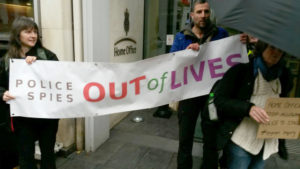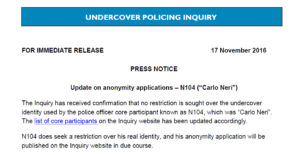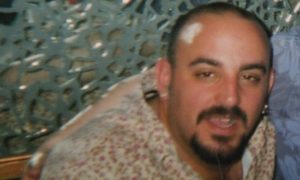Spycops Victims Boycott Scottish Inquiry
 People spied upon by Britiain’s political secret police in Scotland are boycotting the forthcoming Scottish review of the issue, saying ‘it cannot be trusted’ and branding it ‘pointless’.
People spied upon by Britiain’s political secret police in Scotland are boycotting the forthcoming Scottish review of the issue, saying ‘it cannot be trusted’ and branding it ‘pointless’.
The review by HM Inspectorate of Constabulary in Scotland (HMICS) was commissioned by the Scottish government. Although most known officers from the disgraced units were active in Scotland, the Home Office has limited the full-scale public inquiry to events in England and Wales. The Scottish government – supported by every party in Holyrood – formally asked for inclusion but were rebuffed in July last year.
The Scottish government responded by asking HMICS to do a review, but only of events in Scotland since 2000.
Now eighteen people have written to HMICS, decrying both the remit and the choice of the body itself.
Most of them were so heavily spied upon that they are among the 200 people designated core participants at the London-based public inquiry. They include several women who were deceived into relationships by undercover officers and have received an abject apology from the Metropolitan Police.
Others were only targeted in Scotland and so cannot be part of that inquiry. Among them are former MSP Frances Curran and climate activist Tilly Gifford who is bringing a case to force a judicial review of Scotland’s exclusion.
Many were also on the illegal construction industry blacklist, despite never having worked in that trade. Several hundred activists were on the list as every constabulary’s Special Branch illegally supplied it with the details of people who were politically active.
‘The HMICS review has none of the muscle it takes to bring the truth to light, even if it were within the remit and was so disposed.
‘There is little point in another report that simply says things were wrong but it has all changed now. We and the Scottish public need proper answers. We want to know the truth of who spied on us, how we were targeted and why police thought they could get away with it. Without that truth there is no path to justice.’
The group add that they ‘do not want to be complicit with measures that treat a violation as less serious if it occurs on Scottish soil’.
Citing earlier reviews in England as inadequate, they call for an entirely different approach that puts the abused first, rather than leaving everything to the abusers and their colleagues;
‘the HMICS review should be scrapped and replaced by something that is credible to all sides and to the public at large’.
The full text of the letter:
HM Inspectorate of Constabulary for Scotland
1st Floor West
St Andrew’s House
Regent Road
Edinburgh
EH1 3DG
27 April 2017
Dear HMICS,
Re: Review of Undercover Policing in Scotland
We were spied upon by undercover political secret police officers in Scotland. Some of us were spied on to such a significant extent that we are core participants at the Undercover Policing Inquiry (UCPI), yet the same officers committing the same acts against us in Scotland will not be considered by the UCPI. Some of us were only spied upon in Scotland and so are ignored by the UCPI. We all deserve the truth, as do the Scottish public whose democratic rights have been interfered with.
In 2011, when the truth of what had been done to us came to public attention, we were met with denials from senior police, and sham inquiries that were narrow investigations by police officers. We have no faith in police investigating themselves. We said these reviews were not sufficiently transparent, robust or independent to satisfy public concern and would not come close to addressing all of the issues raised. We were proven right.
As the scale of what went on became clearer and the content of many of these reports – including one from your sister body HM Inspectorate of Constabulary (HMIC) – were discredited, more serious action was taken. Mark Ellison’s reviews were followed by the announcement of the UCPI. Its exclusion of events in Scotland is a serious limitation. Most of the exposed officers were active in the country and the truth of what happened in Scotland is just as important as it is in England.
For the Scottish Government to commission a review by HMICS is a retrograde step. It is much like the response we had in 2011; police self-investigating a tiny part of what happened, a fob-off to give the appearance of doing something.
We are far beyond that now. We are not dealing with allegations, but proven abuses. This includes officers initiating and furthering intimate relationships with women in Scotland, which the Metropolitan Police has conceded was a violation of human rights and an abuse of police power. It warrants comprehensive and impartial investigation, which we have no faith HMICS is capable of delivering.
Firstly, there is a mater of trust. HMICS is a body of career police officers investigating their colleagues. On that basis alone, it cannot be trusted.
The proposal to look at two disgraced units that were, at the time in question, overseen by the current chief constable of Scotland (whose wife works for your sister organisation, HMIC). This makes it even harder to feign independence. Additionally, the review is being led by Stephen Whitelock who has been working in and alongside the posts that deployed undercover officers, including authorising Strathclyde’s deployments of the abusive Met officers this review examines. The decision to choose him and HMICS gives the appearance of corruption. We cannot think of anyone less appropriate to be doing this.
Secondly, there is a matter of scope. The HMICS remit is limited to events since 2000, a fraction of the lifetime of the units. Among the many outrages committed was the targeting of women through intimate relationships, the use of stolen identities of dead children and the illegal blacklisting of construction workers, environmental and community campaigners. All of these took place in Scotland before 2000 but the investigation will treat them as if they did not happen. To ignore such a significant part of the pattern of abuses makes the investigation unable to see anything like the whole picture and renders it pointless.
Thirdly, there is the element of HMICS’ power to investigate. We have battled for years to get as far as we have, faced by a police culture that will do anything it can to avoid accountability. We have some hope that the UCPI, with its power to compel witnesses who give testimony under oath, might elicit some truth. The HMICS review has none of the muscle it takes to bring the truth to light, even if it were within the remit and was so disposed.
There is little point in another report that simply says things were wrong but it has all changed now. We and the Scottish public need proper answers. We want to know the truth of who spied on us, how we were targeted and why police thought they could get away with it. Without that truth there is no path to justice. There is also no means for the Scottish public to learn how these undemocratic abuses came about and so put steps in place to ensure they do not happen again.
No police report to date has offered anything like that and there is no reason to believe HMICS could, let alone would, do so.
We believe the Justice Secretary should have spoken to those of us abused by these officers in Scotland before deciding on an appropriate course of action. Instead, he spoke only to police and their satellite bodies and then hired them.
We do not want to be complicit with measures that treat a violation as less serious if it occurs on Scottish soil. The HMICS review should be scrapped and replaced by something that is credible to all sides and to the public at large.
The Scottish public and those abused in Scotland deserve a proper Inquiry into the abuses committed by political undercover policing units, just as those in England and Wales deserved one.
‘Andrea’
‘Alison’
Claire Fauset
Donal O’Driscoll
Dr Nick McKerrell
Frances Curran
Harry Halpin
Helen Steel
Jason Kirkpatrick
John Jordan
Kate Wilson
Kim Bryan
Lindsay Keenan
‘Lisa’
Martin Shaw
Merrick Cork
Olaf Bayer
Tilly Gifford

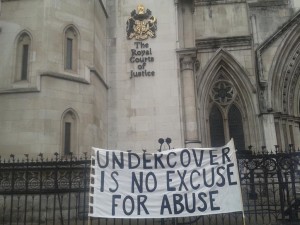 Last week a crucial battle in the undercover policing scandal saw unprecedented moments when the Inquiry chair labelled the Metropolitan Police incompetent and ill-prepared.
Last week a crucial battle in the undercover policing scandal saw unprecedented moments when the Inquiry chair labelled the Metropolitan Police incompetent and ill-prepared. 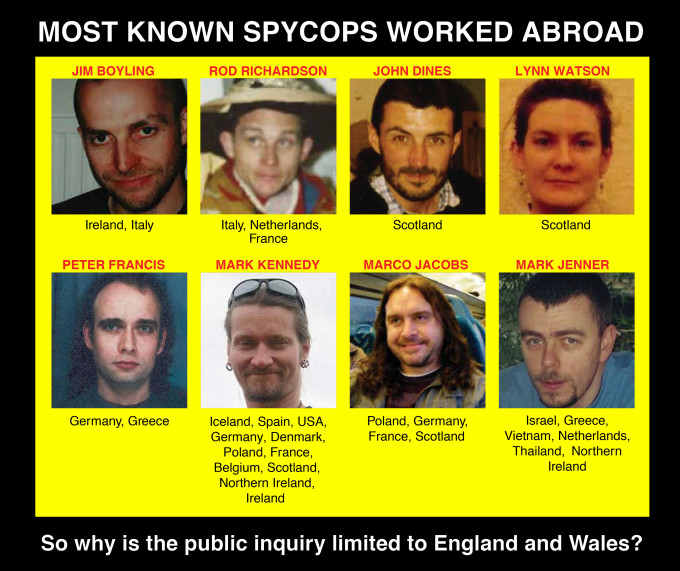 As children in school we are taught that the best way to organise a nation in the interest of its citizens is with a democratic system, and that this system can’t be flawed because of its checks and balances. Yet recently the Irish government has been proving that the opposite is true, it is operating to protect itself and its security apparatus against the best interests of the people.
As children in school we are taught that the best way to organise a nation in the interest of its citizens is with a democratic system, and that this system can’t be flawed because of its checks and balances. Yet recently the Irish government has been proving that the opposite is true, it is operating to protect itself and its security apparatus against the best interests of the people.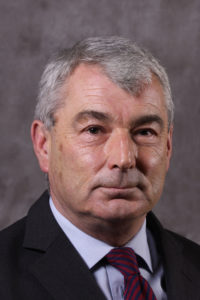
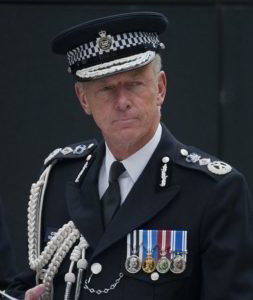
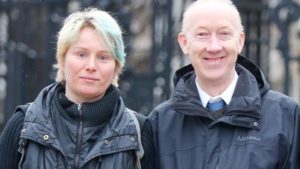
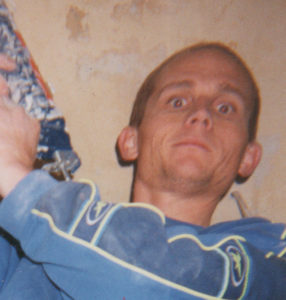
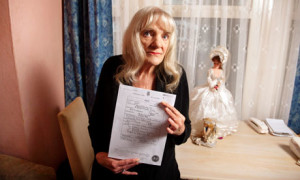
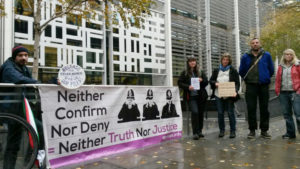 ear ago today
ear ago today 